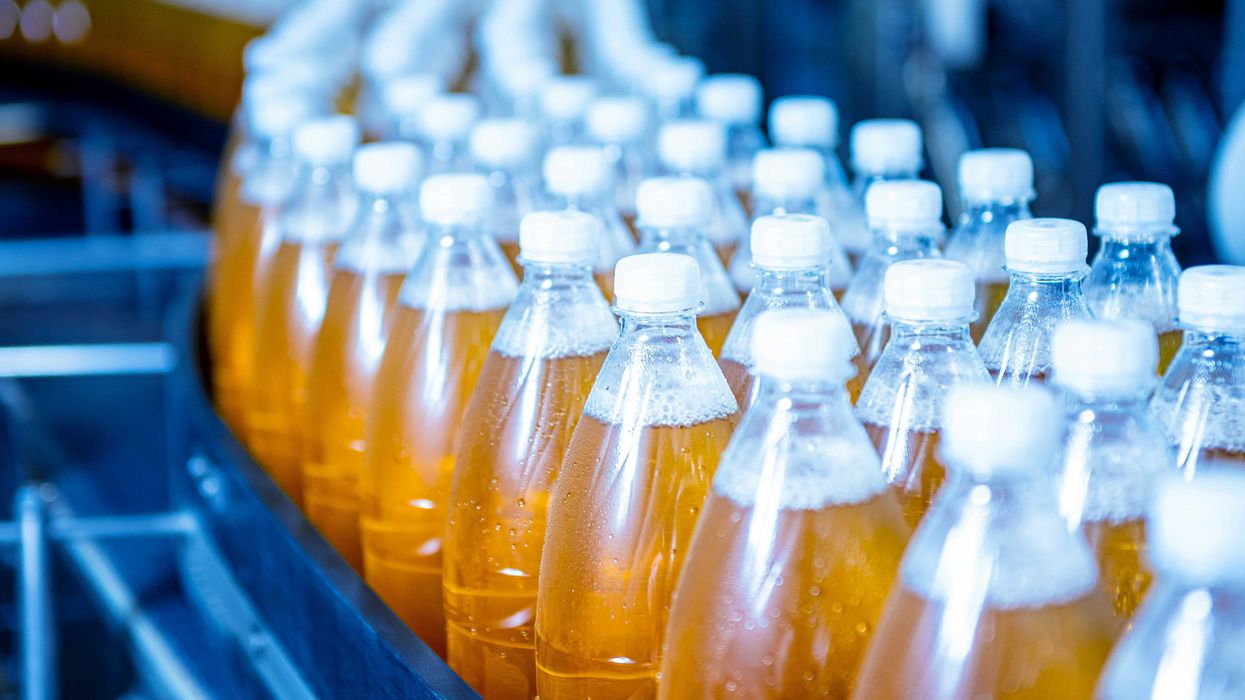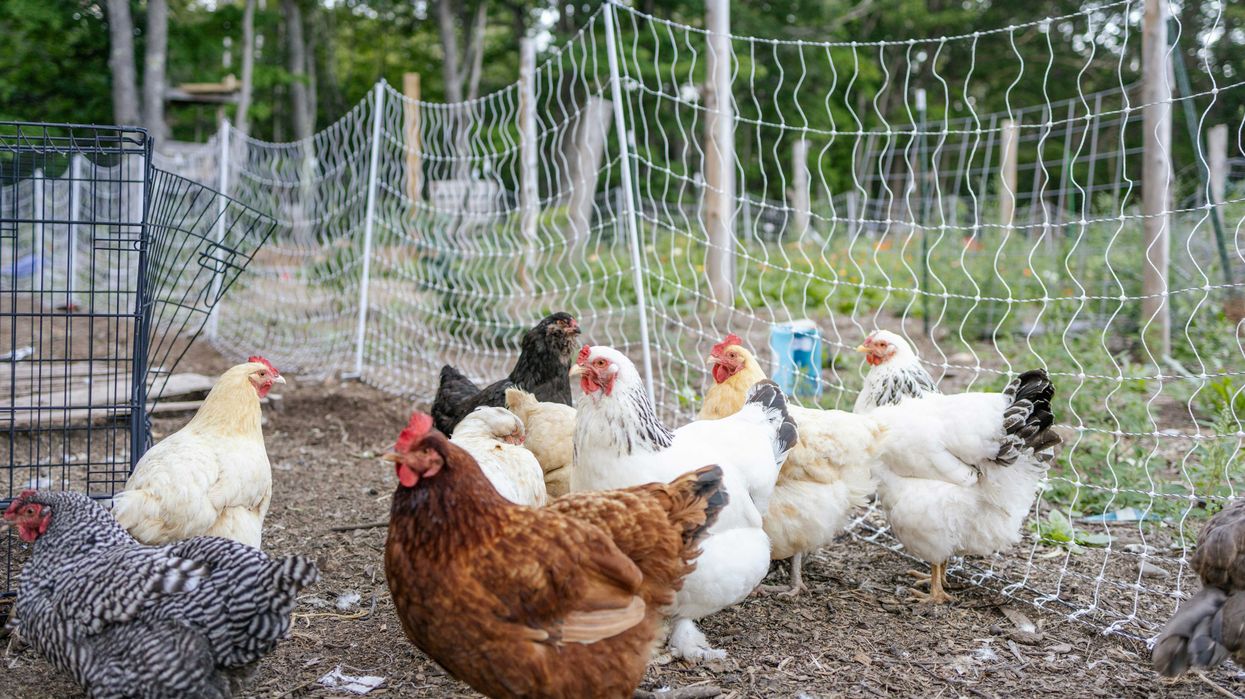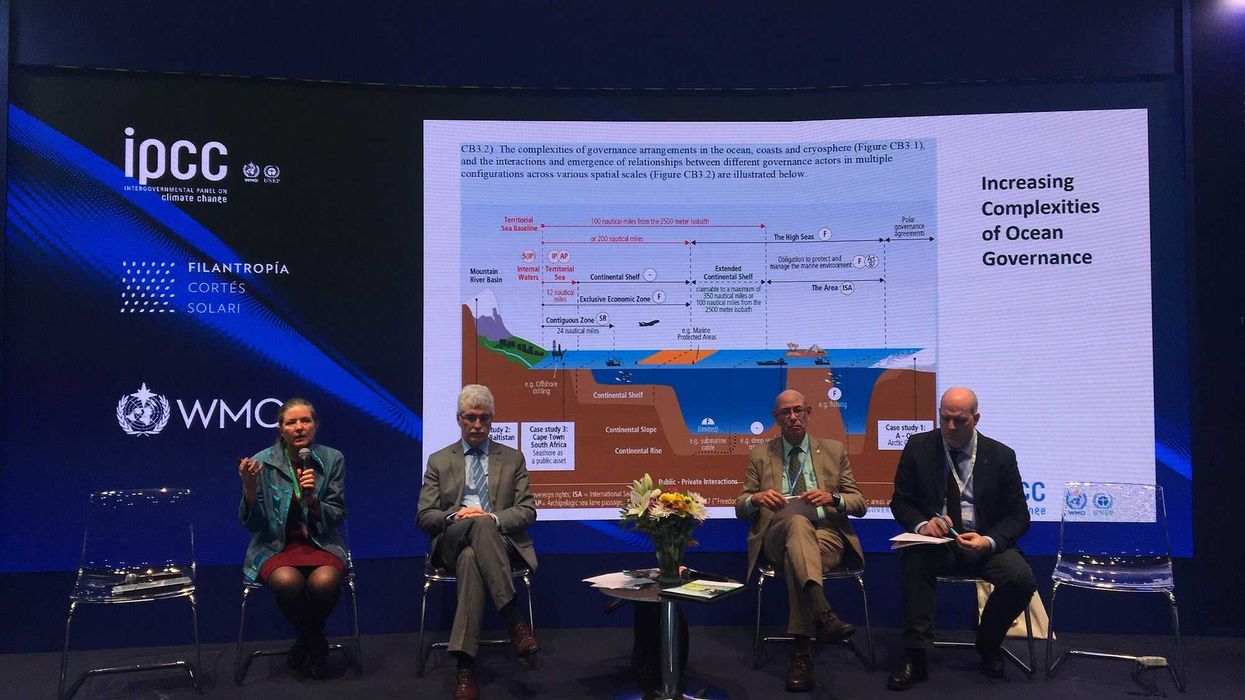Farmers and regulators are grappling with toxic PFAS chemicals lingering in biosolids used as fertilizer, as lawsuits mount and companies race to develop high-heat systems to destroy the pollutants.
Britt E. Erickson reports for Chemical & Engineering News.
In short:
- Maine’s discovery of PFAS-tainted milk in 2016 led to a statewide ban on land application of biosolids and triggered similar actions in other states.
- The U.S. Environmental Protection Agency has identified hundreds of hazardous chemicals in biosolids but regulates only nine, leaving states to craft their own patchwork rules.
- Companies are testing energy-intensive methods like gasification and pyrolysis to break apart PFAS, but costs and adoption remain uncertain.
Key quote:
“They are forever chemicals, but they can change form.”
— Kyla Bennett, director of science policy, Public Employees for Environmental Responsibility
Why this matters:
PFAS chemicals, once prized for their resistance to heat and water, now contaminate soil and water on farms across the United States. Their persistence means they accumulate in crops, livestock, and ultimately human bodies, where studies link them to cancer, immune suppression, and developmental harm. Because biosolids from sewage treatment are widely used as fertilizer, contamination can spread silently over decades and remain difficult to trace. Farmers face financial ruin as milk, meat, and produce test unsafe, while rural communities confront costly cleanup battles with little federal guidance.
Related: Op-ed: Yes, food is grown in sewage waste. That’s a problem.














